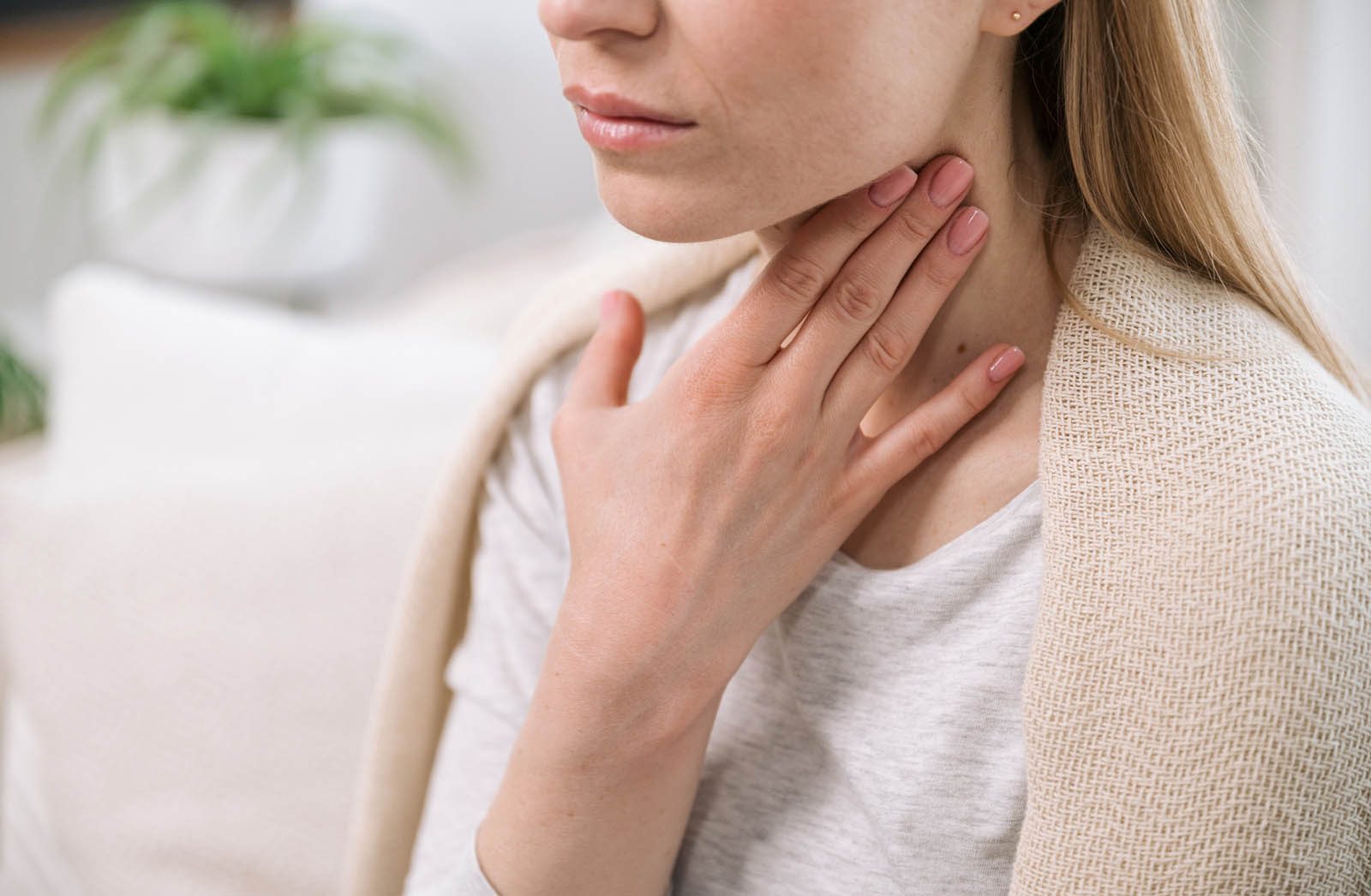
Breathe Easy: A Hay Fever Q&A
We’ve been fielding your allergy questions, Houston … and we have answers! Hay fever can make even the most beautiful days miserable, but understanding its causes and treatments can help you breathe easier. Here’s a quick Q&A on hay fever and how to take control of your symptoms.
Q: What is hay fever?
A: Hay fever, also known as allergic rhinitis, is a common allergic condition affecting millions of people, particularly during peak allergy seasons like spring and fall. In Houston’s humid and pollen-heavy environment, symptoms can be especially intense. It occurs when your immune system overreacts to airborne allergens, leading to sneezing, congestion, runny nose, itchy eyes and other frustrating symptoms.
Q: What are the most common allergens in Houston?
A: Several airborne allergens contribute to hay fever in Houston, including:
- Pollen: Trees, grasses and weeds release pollen into the air, triggering allergic reactions. Houston’s extended growing season means longer exposure.
- Mold Spores: Mold thrives in Houston’s humid climate, especially after heavy rains or in damp indoor spaces.
- Dust Mites: These microscopic creatures thrive in warm, humid environments and can worsen allergy symptoms year-round.
- Pet Dander: Cats and dogs shed tiny skin flakes that can trigger hay fever symptoms, even if you don’t have pets at home.
Q: What are the best treatment options?
A: Managing hay fever involves a combination of medications, lifestyle changes and long-term solutions:
- Antihistamines: Over-the-counter antihistamines help relieve sneezing, itching and runny nose by blocking the body’s histamine response.
- Nasal Corticosteroids: These nasal sprays reduce inflammation in the nasal passages and are more effective than oral medications for long-term symptom control. However, they may take a few days to show full results.
- Decongestants: Available in pill or nasal spray form, decongestants provide temporary relief from nasal congestion but should be used sparingly to prevent rebound congestion.
- Eye Drops: Antihistamine eye drops soothe itchy, watery eyes caused by airborne allergens.
- Nasal Irrigation: Using a saline rinse or neti pot can help flush out allergens and mucus, reducing nasal irritation.
- Allergy Shots: For those seeking long-term relief, allergy shots (immunotherapy) help your body build tolerance to allergens over time, reducing symptoms significantly.
- Allergy Drops: An alternative to allergy shots, allergy drops (sublingual immunotherapy) are a convenient and effective way to treat your allergies for long-term relief.
Q: How can I get permanent relief?
A: The best way to achieve lasting relief is to identify your specific allergy triggers and develop a customized treatment plan. At Allergy & ENT Associates, we offer comprehensive allergy testing and immunotherapy options designed to help you enjoy life in Houston — without the constant sneezing and congestion.
Don’t let allergies hold you back! Schedule a consultation today and take control of your symptoms.



